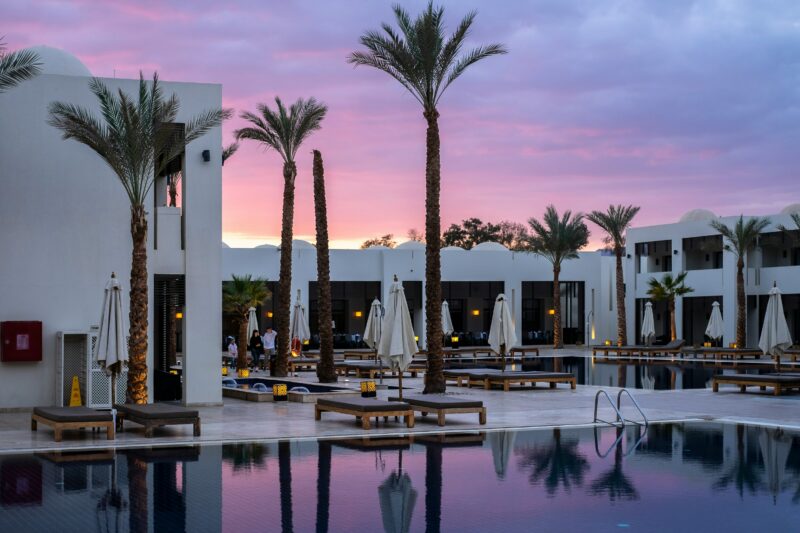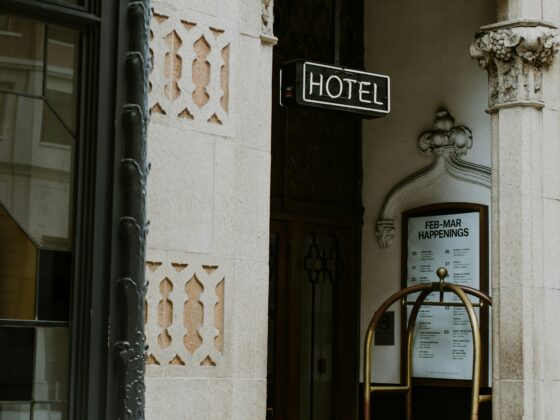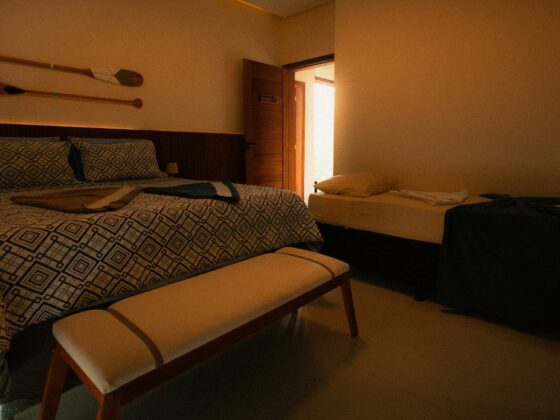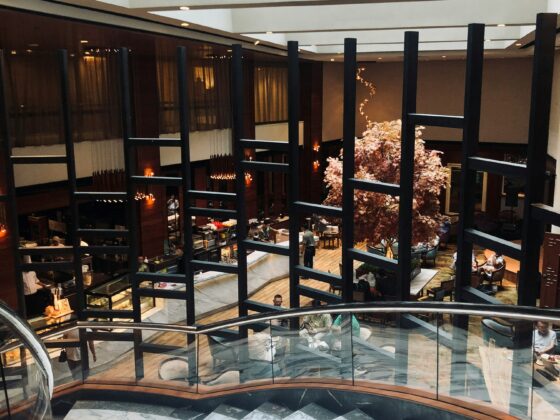There is a sea change afoot in the hotel industry and it washed up into Hyatt Hotels Corp.’s second quarter. Leisure transient business, which undergirded the hospitality industry in the post-pandemic days, months and years has, reasonably, decelerated. In the breach, group and business transient business has accelerated and delivered hearty revenue for Hyatt, something its president and CEO, Mark Hoplamazian, underscored during his company’s Q2 earnings call with analysts.
“Group and business transient were our strongest customer segments in the quarter,” he said, as the Easter shift to the first quarter became a tailwind for group and business travel in April and a headwind for leisure travel.
Group room revenue increased approximately 8% in the quarter, highlighted by strong results in most U.S. major urban markets during the months of May and June,” Hoplamazian said, adding that group pace for U.S. full-service managed properties is up 70% for the second half of 2024.
The business transient customer segment popped for Hyatt in the quarter, up approximately 14% in the U.S., with standout cities including New York, Seattle, San Diego and Washington, D.C. “The top-performing market bookings for business travel over the next two months look very strong, led by corporate negotiated accounts,” Hoplamazian said.
The auspicious numbers helped Hyatt achieve global RevPAR growth of 4.7% compared to the same period in 2023.
Net rooms growth was approximately 4.6% in the quarter, about a third of which came via conversions. “We believe that we will end the year at closer to 50% of the total net rooms growth being conversions,” Hoplamazian said.
The pipeline of executed management or franchise contracts was approximately 130,000 rooms, a 9% YOY increase. Net Income in the quarter was $359 million.
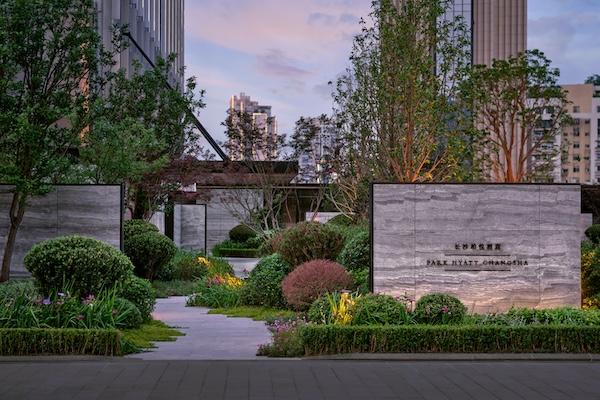
Leisure transient decreased approximately 2% in the quarter, but was up 2%, Hoplamazian noted, when excluding the impact of Easter, significant renovations at several U.S. resorts and Hyatt’s Maui hotels, which were negatively impacted by the wildfires in Q3 of last year.
Like its competitors, Hyatt saw decelerating performance in the lower-end tiers, which was countered by vigor at its higher-end properties. “While there are signs of slowing demand in the lower chain skills, we saw strength among the high-end consumer,” Hoplamazian said.
Hyatt’s luxury RevPAR increased 6.9% driven by hotels in Europe and Asia Pacific. Notable openings in the quarter included Park Hyatt Changsha, which is the 10th Park Hyatt in Greater China, and the Hyatt Vivid Grand Island in Cancun, Hyatt’s first Vivid all-inclusive property. Hyatt also opened its first Caption by Hyatt properties outside the U.S. in Shanghai and Osaka.
World of Hyatt membership reached 48 million members at quarter end, a 21% increase over the past year. Hoplamazian on the call highlighted Mr & Mrs Smith, a direct booking platform of boutique and luxury properties that Hyatt acquired in 2023. “Our most active World of Hyatt members have been very engaged with it,” he said, accounting for more than 20% of these bookings. By the end of this year, Hoplamazian said he expected to have more than 1,000 Mr & Mrs Smith properties available through World of Hyatt.
Strategic partnerships and M&A continue to be part of Hyatt’s playbook. It recently announced an exclusive alliance with Under Canvas, a provider of outdoor, upscale accommodations that World of Hyatt members will be able to earn and redeem points at. In 2022, it announced a partnership with Germany’s Lindner Hotels and this year acquired the me and all hotels brand from it.
“Our focus on expanding our network effect as we grow allows us to offer more options to our members, increasing their loyalty to Hyatt and making Hyatt more attractive to prospective developers,” Hoplamazian said.
Hyatt also met and exceeded its asset divestment goal of $2 billion. It completed the sales of Park Hyatt Zurich, Hyatt Regency San Antonio and Hyatt Regency Green Bay in the quarter, accounting for $1.5 billion in gross proceeds. In mid-August, it closed the sale of the 1,641-room Hyatt Regency Orlando to affiliates of RIDA Development Corporation and an Ares Management Real Estate fund for approximately $1.07 billion.

